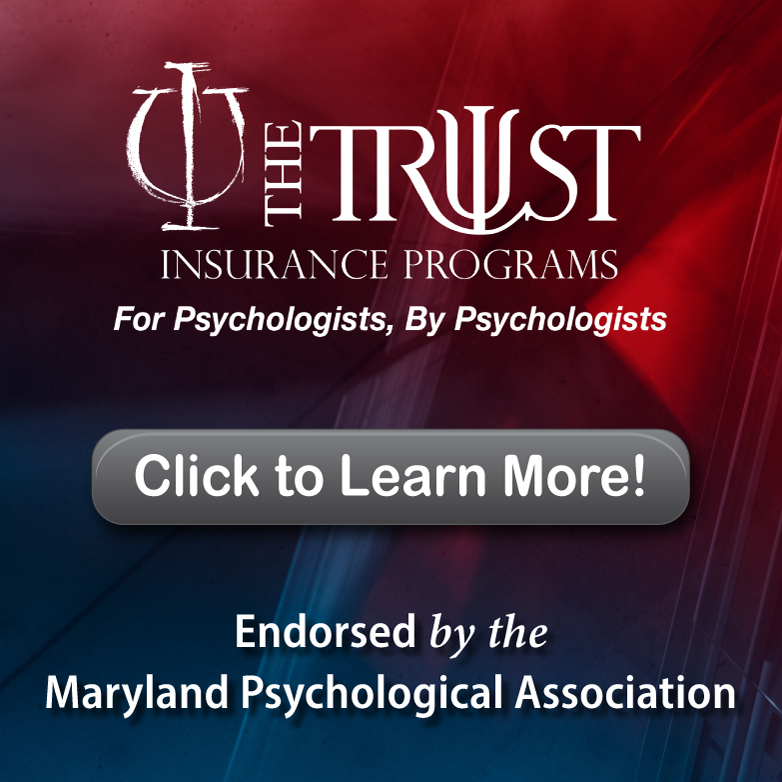Using Cognitive-Behavioral Strategies to Treat Perfectionism Across the Anxiety Disorders in Children and Adolescents: Learning to Live by Values Instead of by RulesLynne Siqueland, Ph.D. Recorded on January 29th, 2021
3 CE Credits $80/MPA or MSPA members $130/Non-members Perfectionism is strongly enforced and even valued in our culture. Many children and teens are defining themselves by their accomplishments and often impossible standards. Perfectionism is transdiagnostic and appears in a number of disorders. Perfectionism also frequently has a significant impact on their physical and mental health and difficulties in leading a valued life. This workshop will discuss how to help the child/adolescent and family assess and evaluate the impact of perfectionism. Cognitive behavioral strategies for perfectionism that includes OCD will be discussed and differentiated from anxiety with high standards and critical self-evaluation. Exposure and behavioral experiments for both types of disorders will be discussed. Lastly, we will review strategies for parent involvement in terms of helping set healthy behaviors. The goal is for both children and adolescent to be able to live value driven lives. Multiple case examples will be used to illustrate interventions and obstacles to treatment Learning Objectives
Requirements for completion: This is considered home study for reporting purposes, and in order to get CE credit you must pass the post-test (75%%) and submit a completed evaluation. Once both the post-test and evaluation are received by MPA, a CE certificate will be emailed within 7-10 business days. REGISTERLynne Siqueland, Ph.D. is a psychologist at the Children’s and Adult Center for OCD and Anxiety and has been specializing in treating anxiety disorders in children and adolescents for over 25 years. She has extensive experience working with children of all ages beginning in the preschool years with a special interest in transition into adolescence and young adulthood. Dr. Siqueland received her Doctoral Degree in the Temple University Clinical Psychology Program under the direction of Dr. Philip Kendall where she was part of the initial treatment manual development and clinical trials of the CBT treatment of child anxiety disorders. Her early career was as an assistant professor at the University of Pennsylvania Medical School and Center for Psychotherapy Research for 8 years before entering private practice full time in 2001. Dr Siqueland's clinical work and research publications focus on integrating individual CBT approaches with family work. She has a special interest on collaborating with parents to guide their children to cope with their anxiety, to develop competence and autonomy, and to improve family connection and communication. Dr Siqueland also thoroughly enjoys providing training and consultation for professionals on the treatment of anxiety and OCD and for parents locally, nationally and internationally.
|

